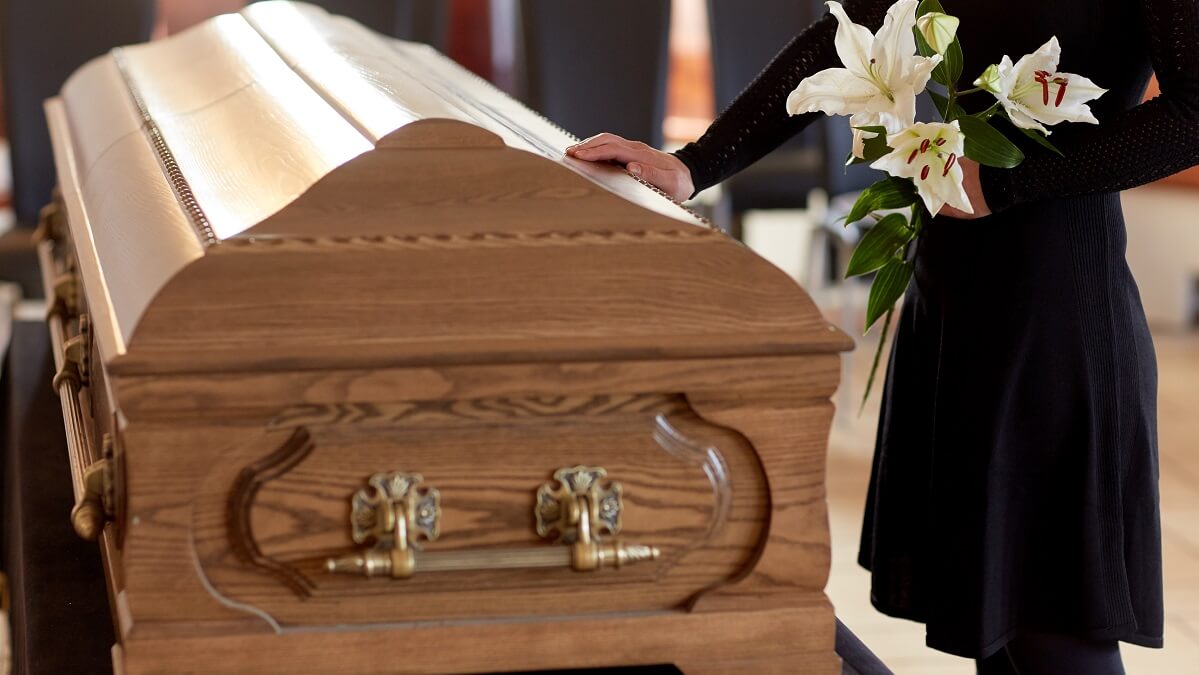On the death of my former colleague Stephen Howell last year, my thoughts went to another colleague, Danny Power. I worked with Stephen, who succumbed to cancer in May 2022, and Danny at Slattery Media about a decade ago. My writing focus was football, but theirs was horse racing. The pair sat next to each other, and were very much a ‘duo’.
When Stephen’s time came, my thoughts were with Danny for two reasons. First, and most obviously, because Steve’s death meant Danny had lost not just a colleague but a great friend. The pair were virtually inseparable during my time at Slattery Media, and I can’t remember an ill word between them.
Second, was Danny’s view of death itself, particularly society’s framing of the entire concept. Danny hated the use of phrases such as ‘passed away’ and ‘ill-fated’. He described his opposition to the two descriptions as “crusades”. He could not understand why they were used “when ‘dead’ is the perfect description”.
I share Danny’s preference, and I have my own quirky views on the subject of death. I take a pretty light-hearted approach to it, and it’s not one everyone appreciates. My mother, who has passed away (or as Danny would say, “is dead”) certainly didn’t.
My quirks include a host of songs I’ve collected into a Spotify playlist named ‘Fun Songs About Death’. Mum would not have appreciated that at all.
Reframing our mindset around death
I’ve also told my cricket club teammates that I hope to die on the cricket pitch during the game. Not yet, but when the time comes, I’d love it to be while I’m doing one of my favourite things.
My teammates know that if such an end should come to pass, I’d be happy for them to carry me to the boundary and play on. They can deal with my lifeless remains after the match. Convention – not to mention law – dictates that won’t happen, of course.
Whenever I mention this scenario, the response is usually one of awkward laughter. It betrays an attitude of ‘I find this funny, but I shouldn’t’.
The question is, why should it not be?
One person who believes we should be more open, if not light-hearted, about death is Rachael Zielinski. Ms Zielinski, a palliative care nurse, encourages families and relatives to speak openly, rather than whisper about death and dying.
Ms Zielinski helped develop Last Days, a program started earlier this year with HammondCare. It is aimed at demystifying the process of dying and death.
“We hope the program will provide a place to reflect and discuss death and dying,” she said.
Speaking at one of the Last Days workshops, Ms Zielinksi said: “As a community we need to reclaim the experience of death and dying. It is okay to talk about it.”
Is ‘D’ day coming?
And, like my old colleague Danny Power, Ms Zielinksi is in favour of reclaiming the ‘D words: dying, death, dead. Euphemisms like ‘passing’ or ‘gone’ can be confusing, she said. This avoidance strategy led her to witness the confusion of a woman who didn’t realise her death was imminent.
The woman’s family’s intentions in avoiding those words were compassionate, of course, but resulted in her distress.
The thing is, we all know we are going to dies eventually. Most of us know this even at an early age. So, not mentioning it when it appears imminent seems somewhat counterintuitive. Perhaps it’s those of us who will be left behind that don’t want to deal with the death. After all, the loss of anyone close to us has a profound effect.
On the other hand, avoiding such words will not change the fact that someone has died; that they are dead.
In the case of my former colleagues, Stephen’s death does not mean we no longer think of him. Perhaps acknowledging that Steve has died, rather than passed, helps to recall fond memories more readily.
In death, memories of our loved ones live on.
How do you feel about using more direct descriptions of life ending? Are you comfortable with ‘death’ and ‘dying’, or do you feel ‘passed’ is more appropriate? Let us know in the comments section below.
Also read: Program to tackle rising number of pedestrian deaths among older Aussies


Absolutely agree with your comments. As a former nurse, and now approaching the end of my own race, “death” is the right and proper word for the end of life. “Dying” is the best word for describing the approach toward death. As a society we have become too squeamish about the straightforward language around death and dying in our efforts to appear more “sensitive” about something that is just a natural part of our life cycle.
I also find the use of euphemisms like “passed” or “left us” incredibly annoying in that “died” describes accurately and unambiguously an event we all experience eventually. I mentally cringe when I hear “passed” and believe that clear statements that someone has died actually help in facing the reality of death. In any conversation I always say my wife died rather than wimping that she “passed”.